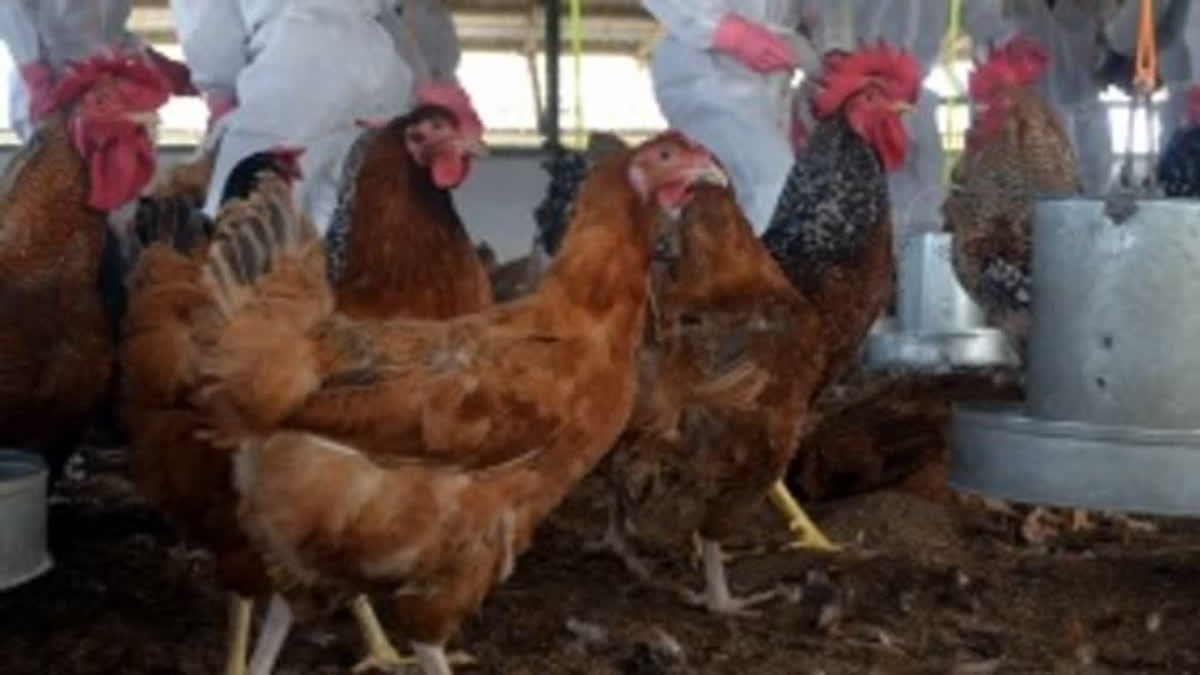London: British scientists have successfully used gene editing techniques to limit the spread of bird flu in chickens. Bird flu is a major global threat, with a devastating impact in both farmed and wild bird populations.
In the study, published in the journal Nature Communications, the researchers bred chickens with small edits to a gene called ANP32A. During an infection, influenza viruses hijack the ANP32A protein to help replicate themselves.
But when the gene-edited birds were exposed to a normal dose of virus (the H9N2 strain of avian influenza), 9 out of 10 birds remained uninfected and there was no spread to other chickens.
When the birds were exposed to an artificially high dose of virus, only half of them became infected. The single gene edit also provided some protection against transmission, with a much lower amount of virus in infected gene-edited birds compared to non-edited birds.
In addition, the edit also helped to limit onward spread of the virus to just one of four non-edited chickens placed in the same incubator. There was no transmission to gene-edited birds.
“Bird flu is a great threat to bird populations. Vaccination against the virus poses a number of challenges, with significant practical and cost issues associated with vaccine deployment,” said principal investigator Professor Mike McGrew, from the University of Edinburgh’s Roslin Institute.
“Gene-editing offers a promising route towards permanent disease resistance, which could be passed down through generations, protecting poultry and reducing the risks to humans and wild birds. Our work shows that stopping the spread of avian influenza in chickens will need several simultaneous genetic changes,” he added.
Also read-Scientists find gene preventing bird flu virus from spreading to humans
